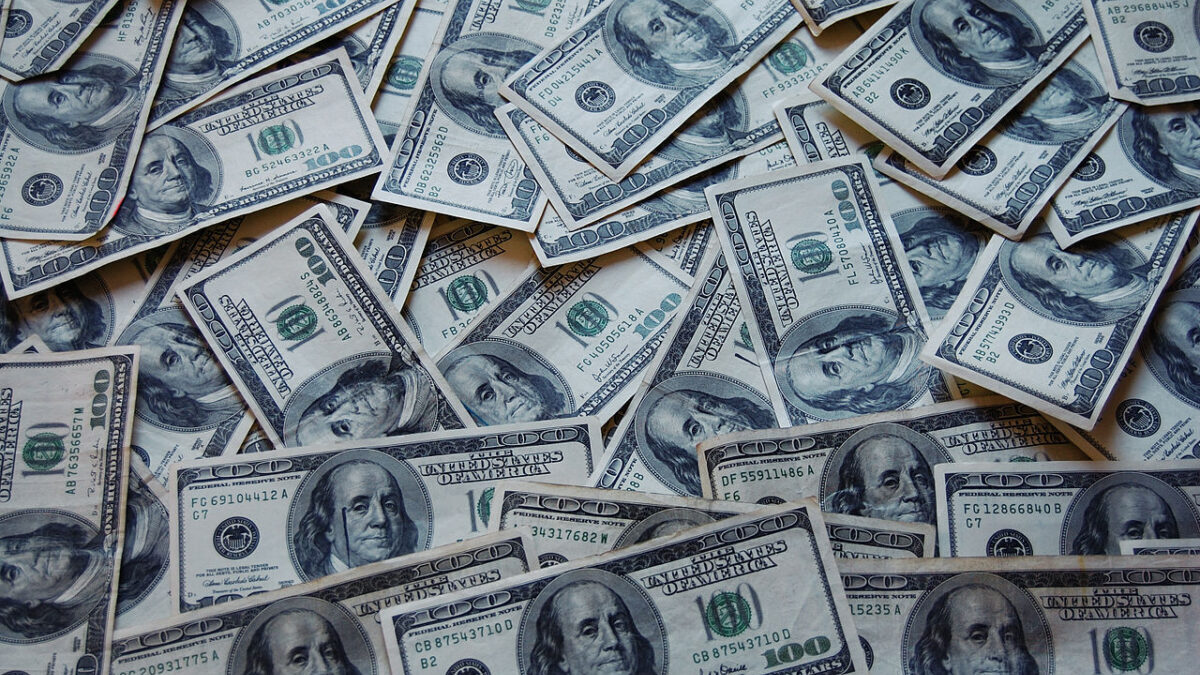There’s growing consensus that the economy is heading toward or is in a recession. However, some believe that the forecasted downturn will be mild. I’m not convinced. Here’s why.
Some experts are embracing the notion of a soft landing, the belief that recent interest rate hikes will translate into a modest decline in growth. However, such claims lack evidence. The history of the Federal Reserve and its monetary management doesn’t lend much credence to any soft-landing optimism.
The latest proof of that comes from economists Alex Domash and Lawrence Summers, who addressed these claims in a recent paper analyzing rate hikes since 1955. The scholars found there has never been a time in which high nominal wage growth and very low unemployment weren’t followed by a recession. Similarly, they looked at supposed soft landings (interest rate hikes that weren’t followed by a recession) in 1965, 1984, and 1994 and found these periods lacked the tight employment market we’re seeing today, making them hard to compare to the current economy.
Since the publication of that research in April 2022, the conditions discussed have taken a turn for the worse. Inflation has risen even more sharply despite recent rate hikes.
Complexities and Aggressive Tightening
Additionally, a soft landing would be hard to engineer given the issues driving economic concern are far more complex than a mostly sectoral boom and bust of housing in 2008 or a deliberate policy-driven decline such as the Covid-19 lockdown recession in 2020.
The issue of inflation is driven by the Federal Reserve printing too much money, a demand surge from the easing of lockdown policies, and supply constraints from supply-chain disruptions. This means the Federal Reserve will have to get more aggressive in reducing its balance sheet to hike its federal funds rate target to have any hope of curbing elevated inflation. The current Fed chairman, Jerome Powell, a proud student of the legendary former Fed Chairman Paul Volcker, has already signaled a willingness to do this. Aggressive quantitative tightening to raise interest rates increases the probability of a hard landing but is inevitable given how long rates were held too low.
Furthermore, consider how the Federal Reserve generally combats recessionary pressures.
Few Tools in the Toolbox
The Fed inflates the economy by expanding the monetary base to unleash credit and lower interest rates. This is usually accompanied by expansionary fiscal policy, whereby the government reduces taxes and/or increases spending. However, a recession caused by economic distortions including skyrocketing inflation would arguably make these tools useless.
Monetary expansion would increase inflationary pressures, which is the exact opposite of the policy goals currently expressed by the Federal Reserve. Fiscal deficit spending would face the same problem. If the Fed monetizes a debt increase by Congress, we’ll end up with even more inflation, not less, making this a politically unattractive solution to combating inflation.
Similarly, the federal government is expected to be divided after the 2022 midterms. It’s unlikely that Republicans will be warm to the idea of bailing out the current Democrat in the White House. In short, we’re in the policy equivalent of being up the creek without a paddle.
Theoretical Reasons We Won’t Have Soft Landing
Another reason to reject the soft-landing thesis is admittedly a bit more theoretical.
The Covid-19 recession didn’t correct for malinvestment; it boosted it. When the government interferes with the market, it distorts outcomes. Cheap credit and bailouts allow poorly run firms to defy gravity longer than they otherwise would be able to if the market wasn’t as heavily manipulated.
Spending efforts such as the paycheck protection program were rife with fraud in addition to having the effect of counterbalancing the natural effects of an economic correction, which was arguably the point of the program. Businesses that were saved by government bailouts just a few years ago will not likely have the state as a crutch to lean on this time around given the Federal Reserve will be focused on getting money out of circulation (to increase rates), not providing more for circulation.
Still Some Hope
To be clear, a hard landing isn’t guaranteed.
The labor market appears strong on the surface and there has been some relief in commodity prices such as oil, which are down substantially from their peaks. The optimist in me wants to view these things as positive developments. However, employment losses can come on relatively suddenly and falling commodity prices are usually a sign of a recession, not a sign of continued growth.
Our next recession may be the first in decades in which the government would be effectively paralyzed in its response. Traditional “stimulus” programs would not help fulfill the goal of lowering inflation and private firms that survived in part or wholly due to government intervention in 2020 will be exposed in a deep downturn. The Federal Reserve is racing ahead with faster and higher-than-expected rate hikes in an attempt to get ahead of inflation. It’s unreasonable to believe the outcome will be vastly different than past attempts to do the same. For the sake of all our livelihoods, pray for the best and prepare for the worst.









